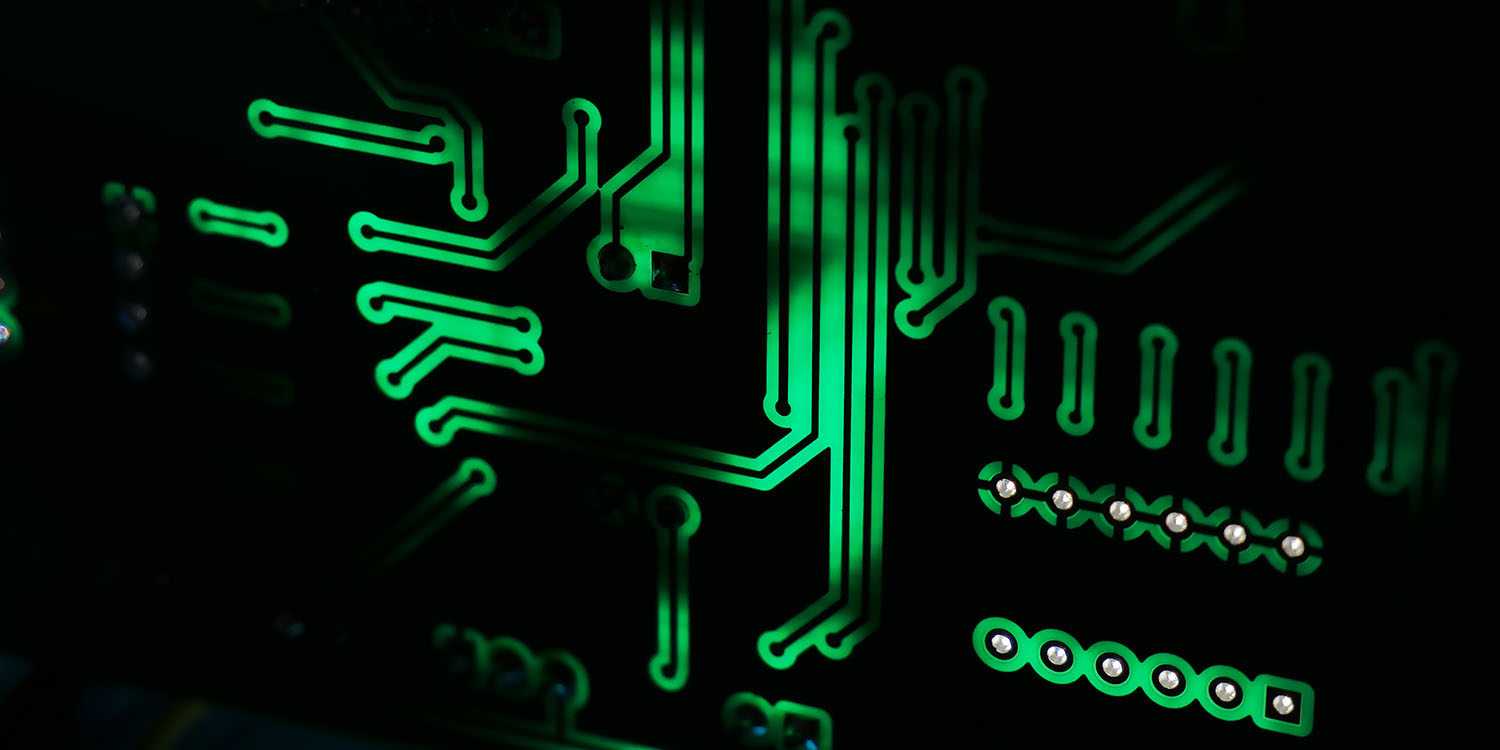
The CHIPS Act, which would provide more than $50 billion in subsidies for US chip production, is vital if TSMC’s Arizona plant is to proceed on schedule, says the company.
Apple was among the companies to lobby for the subsidy, but political battles mean that the passing of the bill is now in some doubt …
The CHIPS Act
The Senate last year approved $52B in funding to boost US chip production, with the House adding its support in February of this year. The motivation was two-fold. First, to address the global chip shortage.
The shortage was created by a mix of factors. These include increased demand for technology during the pandemic, COVID-related production disruption, and a growing demand for chips by car-makers; as cars rely on increasing numbers of microprocessor units.
The biggest issue is not with CPUs and GPUs, but far more mundane chips like display drivers and power management systems. These relatively low-tech chips are used in a huge number of devices, including Apple ones.
Apple CEO Tim Cook revealed that supply constraints cost Apple $6B in two quarters, and warned that the hit could be as high as $8B this quarter.
A recent report says that there have been shortages across seven chip categories, and that four of them will continue to be affected throughout 2022.
Second, a desire to ensure that the US isn’t left behind by China – or left overly dependent on it.
The plan was eventually formalised as the CHIPS Act (Creating Helpful Incentives to Produce Semiconductors for America Act). However, politicians are having difficulties agreeing on the details, with some now concerned that the bill won’t pass at all.
TSMC Arizona plant(s)
The Taiwanese Semiconductor Manufacturing Company (TSMC) first announced plans to build a $12B chip-fabrication plant in Arizona just over two years ago. It wasn’t long before the company started seeking subsidies.
No timings were given at the time, but the company subsequently said that production would begin in 2024. It has been widely speculated that Apple A-series and M-series chips would be made there. Reports suggested more US plants may follow.
Fast-forward to this year, and construction is said to be some three to six months behind schedule.
Labor shortage, COVID-19 infections in the US, and different types of licenses needed for construction are some of the factors making TSMC fall behind schedule.
TSMC said it trusted Congress to pass the CHIPS Act
The company now says that it ‘trusted’ Congress to pass the act. TSMC doesn’t go as far as to threaten to cancel the project if the subsidies are not made available, but does suggest the pace of work may be slowed.
The Washington Post reports.
Taiwan’s biggest semiconductor manufacturer has started building a computer-chip factory in Arizona and is hiring U.S. engineers and sending them to Taiwan for training, but the pace of construction will depend on Congress approving federal subsidies, a Taiwanese minister said Tuesday […]
“TSMC has already begun their construction in Arizona, basically because of trust. They believe the Chips Act will be passed by the Congress,” Ming-Hsin Kung, minister of Taiwan’s National Development Council and a TSMC board member, said in an interview in Washington, D.C.
But the speed of construction depends on the subsidies coming through, added Kung, who was in Washington to attend the annual SelectUSA foreign investment summit.
9to5Mac’s Take on the CHIPS Act
To be fair to TSMC, it is not alone in saying that the pace of US chip production depends on government subsidies; Intel has said the same.
All the same, promising a US plant, then seeking large-scale incentives to make it actually happen, has echoes of the Foxconn Wisconsin plant fiasco, which promised 13,000 jobs in return for $4B in subsidies, and has so far delivered only empty offices and just a handful of jobs.
While TSMC is claiming the plant will go ahead either way, I certainly wouldn’t put any money on it. The question is whether Congress and the Senate can overcome their differences before a vote is lost to the midterms – and I wouldn’t put money on that either.
Photo: Vishnu Mohanan/Unsplash
FTC: We use income earning auto affiliate links. More.





Comments